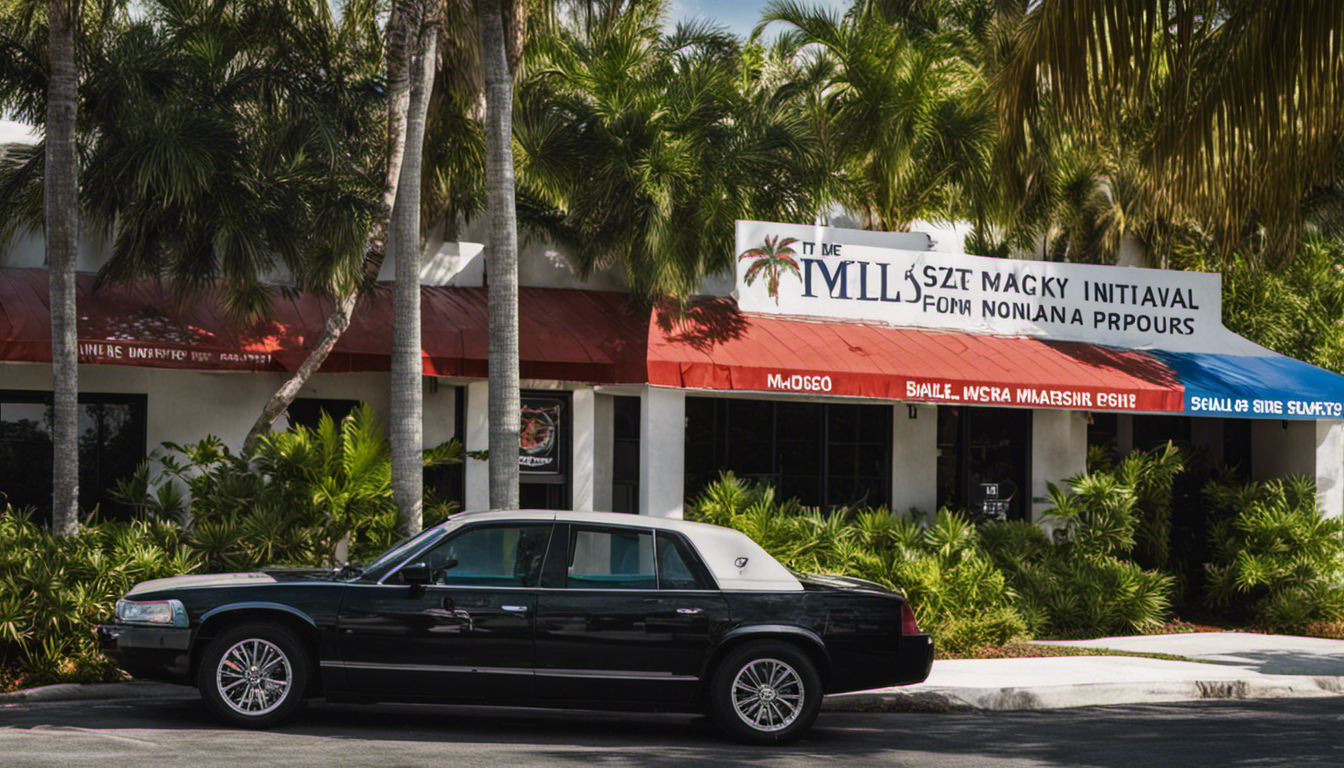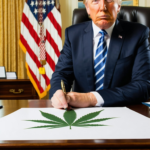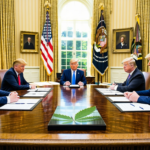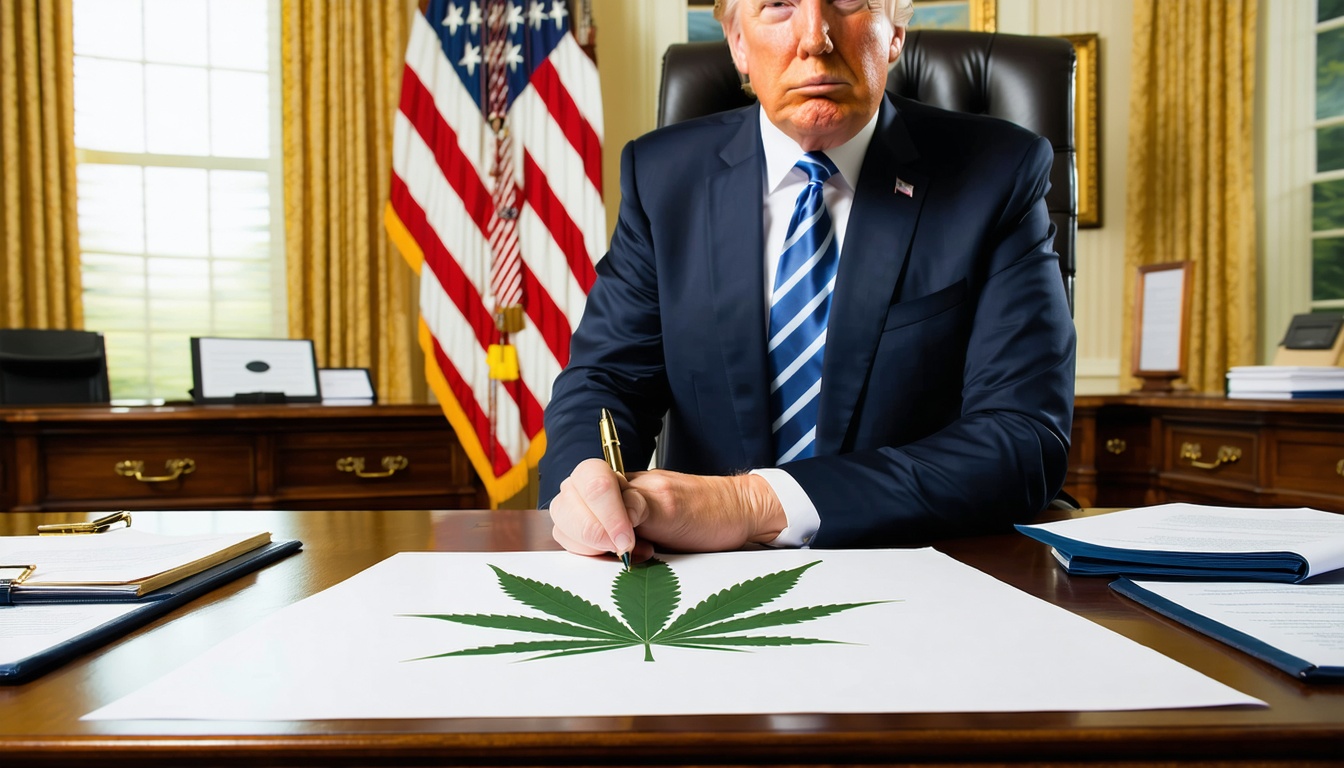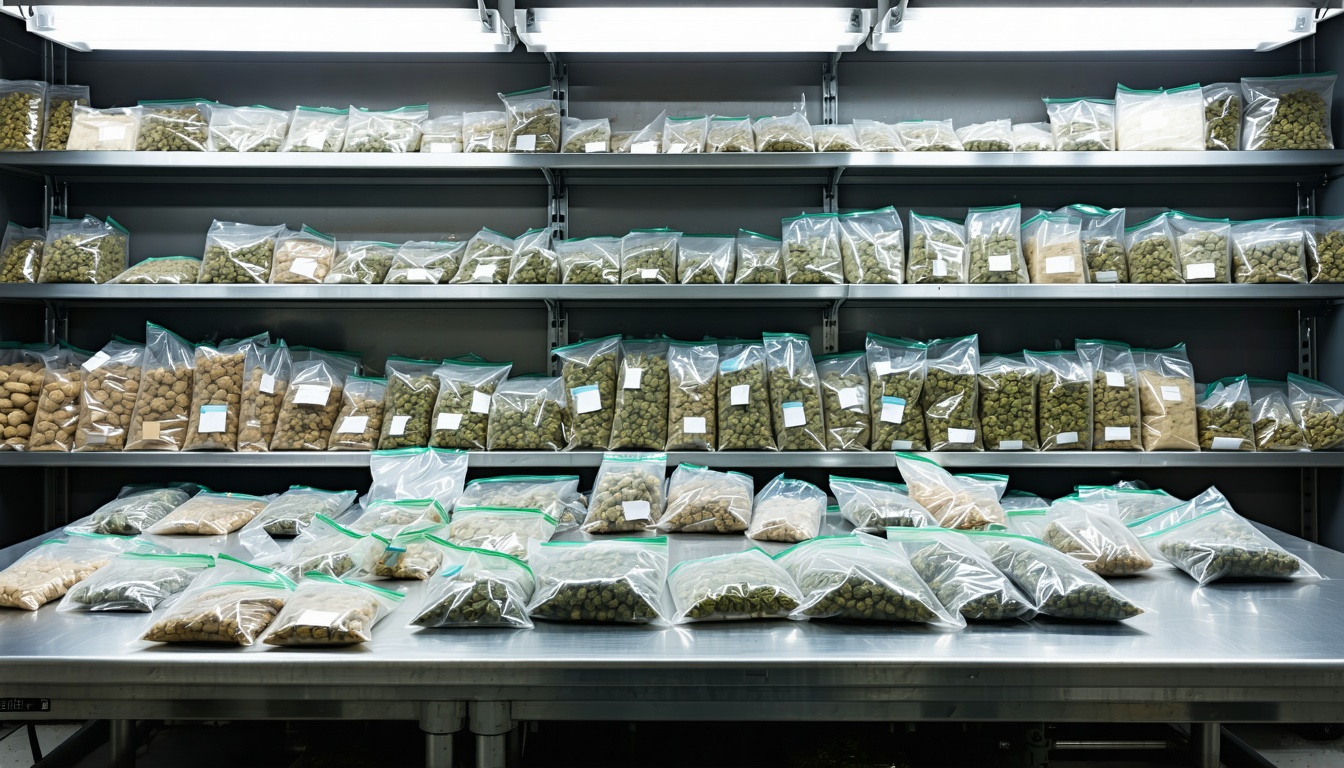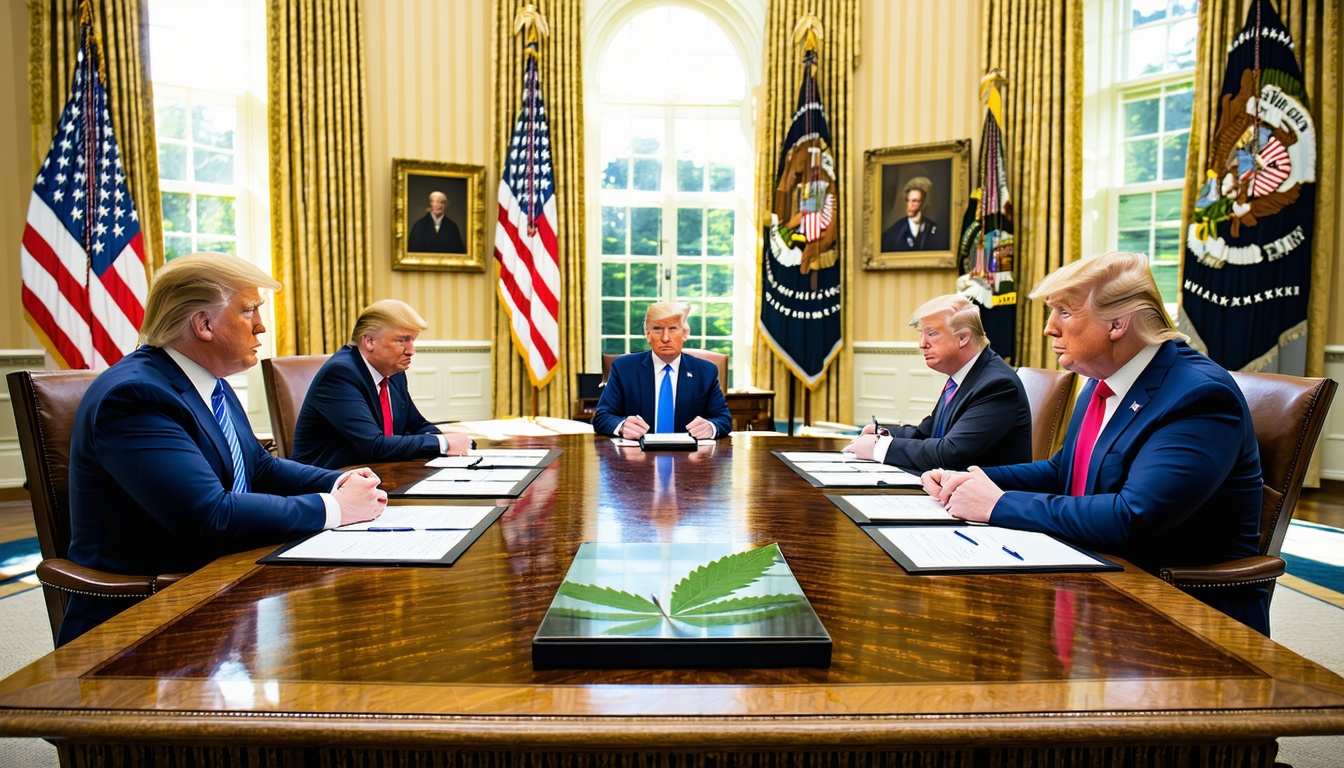Florida Voters to Decide on Recreational Marijuana Legalization in November
In addition to electing the next President of the United States, Florida voters will also have the opportunity to decide whether to legalize recreational marijuana in November. Amendment 3, which would allow adults 21 and older to possess, purchase, and use marijuana products for non-medical personal consumption, is currently on the ballot.
Large marijuana companies, including Trulieve, Curaleaf, Verano, and Cresco Labs, have contributed millions of dollars to the committee supporting Amendment 3. Opponents of the measure claim that this is evidence of a “monopoly” being created for these companies, as they would be able to sell recreational marijuana products without criminal or civil liability.
However, proponents of the amendment argue that it does not establish a monopoly, as the Florida Legislature would be able to issue additional licenses to expand the list of marijuana sellers and distributors. The amendment also does not eliminate marijuana market competition, and the state could license additional medical marijuana entities and other companies.
In a “Vote No on 3” TV ad, opponents of the measure claim that the amendment “entrenches their monopoly, bans homegrown pot, and gives special licenses to corporations.” However, election law and campaign finance experts say that it is not unusual for corporations to raise and spend large sums of funds on ballot measures, and that opponents often attack corporate interests to evoke suspicion of their motivations.
The amendment itself does not establish a monopoly, as it allows the state to issue additional licenses to expand the list of marijuana sellers and distributors. Additionally, the amendment does not eliminate marijuana market competition, and the state could license additional medical marijuana entities and other companies.
In conclusion, while large marijuana companies have contributed millions of dollars to the committee supporting Amendment 3, the amendment itself does not establish a monopoly. The Florida Legislature would be able to issue additional licenses to expand the list of marijuana sellers and distributors, and the state could license additional medical marijuana entities and other companies.

